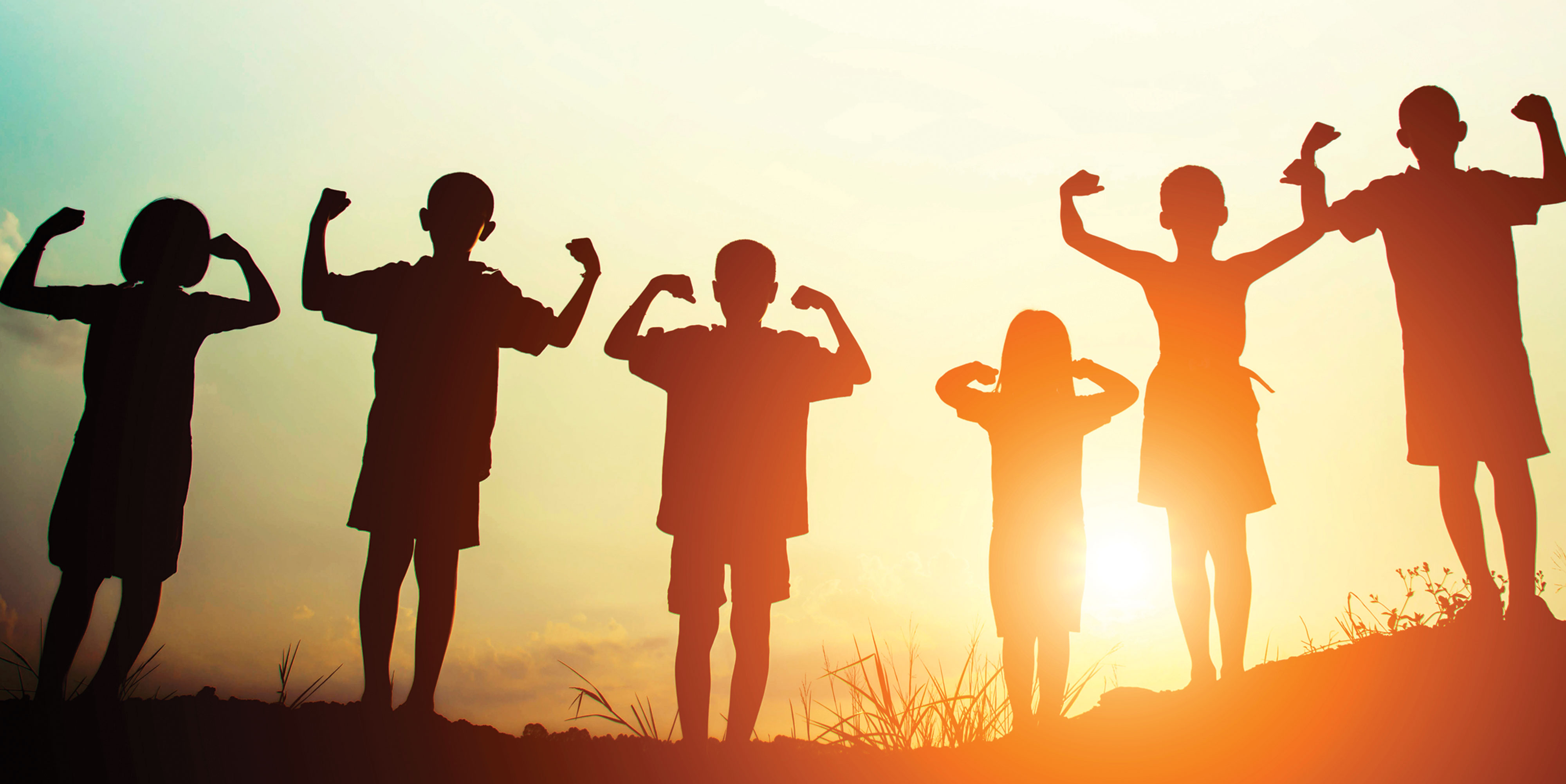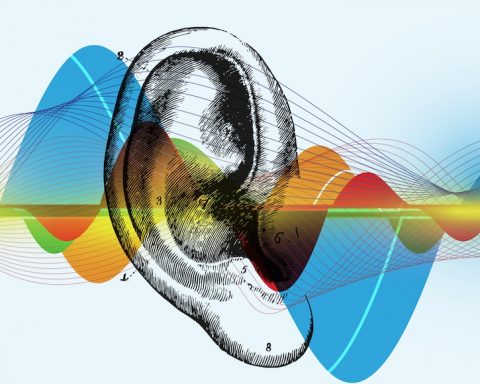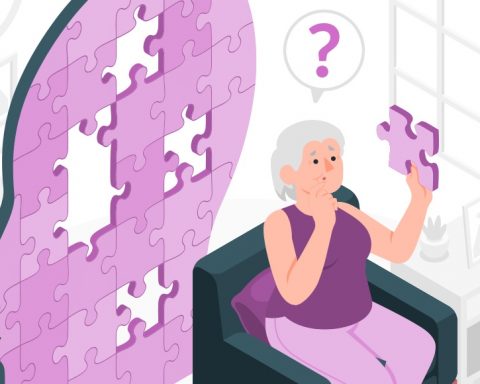Raising our children to be healthy, happy and confident is something that most parents aspire to, but nowadays that is becoming increasingly hard to do as they are bombarded with negative
messages about body image in the media where beautiful and thin people are portrayed as ideal.
Kath Temple, the Psychologist at the heart of Gibraltar Charity The A healthy body image in childhood can lay the foundations for good physical and mental health later in life. An unhealthy body image in childhood can have long-lasting consequences.
Unfortunately, Photoshopped images of perfection are everywhere and their effect can be seen in children even from a young age, with body image concerns beginning as early as preschool, and kids don’t understand the powers of airbrushing or self-editing images.
Self-esteem is all about how much we value, love and accept ourselves. Children with high self-esteem and who are body confident feel good about their physical image, take pride in their abilities and appreciate their own worth. Signs of bad self-esteem about body image can include a child that is self-critical, comparing their body to others and obsessing about weight loss.
It’s not just girls that are affected either. Boys can be influenced by superheroes and action figures depicting unrealistic body types. Teen boys may strive for the perfect body through dieting or compulsive exercise and children with negative body image have a greater likelihood of developing an eating disorder that can lead to anorexia.
NHS UK advice for parents of a child who has been diagnosed with an eating disorder include talking to your child about it: ‘Although they might come across as angry or aggressive, deep down they could be feeling scared or insecure. It might be difficult for them to express their feelings, so be patient and listen to what they’re trying to say.’
A child’s body image is influenced by many factors including family environment, ability or disability, the attitudes of their peers, social media and their cultural background. As they get older, puberty can also be a big influence. During puberty your child’s body is going through lots of changes, at the same time as they are trying to fit in and look the same as other people.
There’s a lot you can do to help your child develop a positive body image, including:
- Talking and listening with your child. Discuss the severe realities that underweight models and overly-muscular celebrities experience. Talk about the drastic and unhealthy measures many people take to obtain these body types, despite what it does to their
- Have regular conversations about stereotypes, prejudice and using words like “ugly” or “fat” as insults and how that can change someone’s body image.
- Watch TV together, pause shows and adverts to talk about the messages that are being sent. Look at magazines together and discuss the unrealistic images
- Discuss the tactics advertisers use to sell products. Help your child spot underlying messages about how a product will make them more attractive.
- Explain that personality is more important than physical appearance.
At every stage of your child’s life you can do positive things to support a healthy body image and develop their self-esteem.
If you think that your child has an eating disorder, you can ask to be referred by your GP to the Gibraltar Health Authority (GHA) to get professional help or counselling.
Become a Positive Body Image Role Model
How you feel about your body can have a powerful influence on your children. Take time to think about ways you might be telling them about your body image. If you talk about your huge stomach, your latest weight loss diet or your gruelling workouts, your children will pick up on these negative messages. They will begin to worry about their own size and think they should be dieting.
Focus on Health, Not Weight
Shift your focus from weight to health. Stop obsessing about numbers on the scales. Instead, concentrate on delicious foods and fun physical activities. Children shouldn’t be counting calories or restricting their intake. They should be enjoying regular meals and learning how to make smart, healthy choices. Try cooking healthy meals together.
Nutrition and fitness are great goals because they give us energy to do all the things that we want to do. We all feel better when we take care of our bodies so teach your children about how to get the energy they need to live an active life.
Help them to get fit
Feeling fit, strong and capable is one aspect of positive body image. Children who undertake regular physical activity enjoy good social skills and develop a more positive body image. All children need regular physical activity they enjoy. It doesn’t matter what they do for physical fitness, it just matters that they do something. Be active together; go for a walk, to the park to play ball games, or take them swimming.
If your children see that you are active every day, that you eat healthily and that you talk about your own body in positive ways, they will pick up on this and do the same. You can make your children feel comfortable in their own bodies by helping them to realise that their shape and size doesn’t matter to anyone else, and it certainly doesn’t matter to you!








